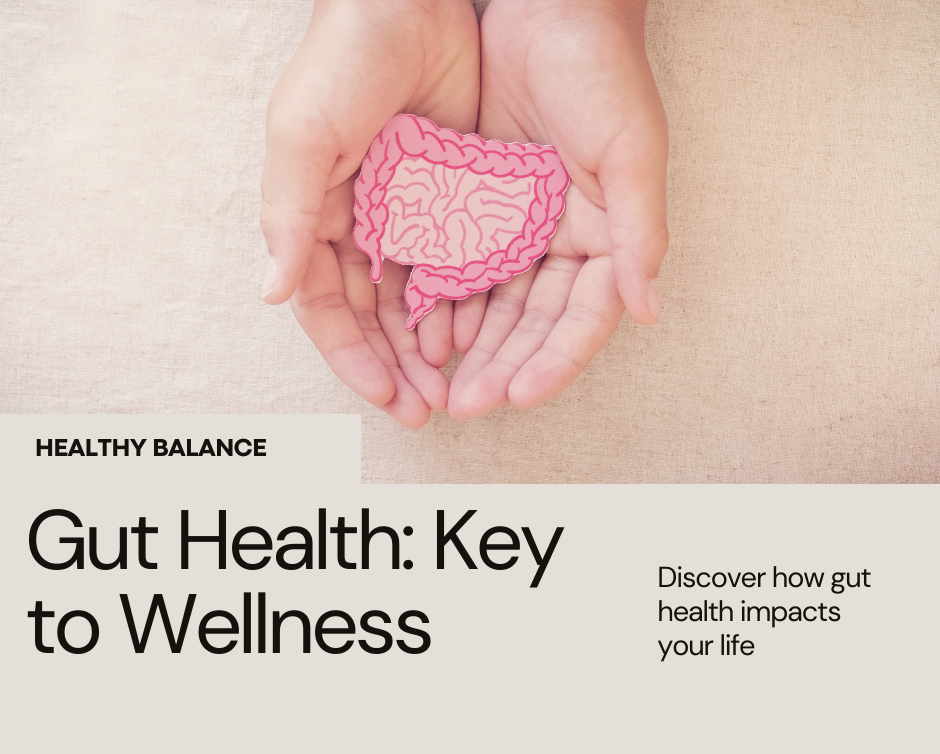We all know that a good night’s sleep is crucial for our physical and mental well-being. It impacts everything from our mood and energy levels to our cognitive function and long-term health. Yet, despite its importance, sleep is often shrouded in misconceptions. Understanding the truth about sleep is more important than ever.
You might think you know all there is to it, but chances are, you’ve encountered or even believe some common sleep myths. These seemingly harmless beliefs can actually be sabotaging your efforts to get the quality rest you deserve. Let’s dive into five of the most persistent sleep myths and uncover the science-backed truths that can help you optimize your sleep and wake up feeling refreshed and ready to tackle the day.
SEO Title for the article (for your CMS/SEO Plugin): 5 Common Sleep Myths Debunked: Your Guide to Better Rest
Meta Description for the article (for your CMS/SEO Plugin): Uncover the truth behind common sleep myths and learn how to optimize your rest for better health and well-being. Get science-backed tips for improving your sleep habits.
Slug for the article (for your CMS/SEO Plugin): common-sleep-myths-debunked
Myth #1: “I Only Need 5 Hours of Sleep.”
This is a dangerous sleep myth that many high-achievers or busy individuals often subscribe to. The idea that you can function optimally on just five hours of sleep is simply not true for the vast majority of adults.
🔍 The Truth: While there might be a tiny percentage of the population with a genetic predisposition to thrive on less sleep (often referred to as “short sleepers”), the vast majority of adults, typically between the ages of 26 and 64, need 7 to 9 hours of quality sleep per night to function optimally.
Consistently getting less than the recommended amount leads to chronic sleep debt. This isn’t just about feeling tired. Sleep debt has significant negative consequences, including:
- Brain Fog and Impaired Cognitive Function: Difficulty concentrating, poor memory, and reduced decision-making abilities. This can significantly impact your performance at work, school, or even while navigating daily life.
- Reduced Productivity and Performance: Feeling sluggish and unable to perform tasks efficiently.
- Weakened Immune System: Making you more susceptible to illness.
- Mood Swings and Irritability: Affecting your relationships and overall well-being.
- Increased Risk of Accidents: Impaired alertness can lead to more mistakes and accidents, especially while driving.
- Weight Gain and Metabolic Issues: Sleep deprivation can disrupt hormones that regulate appetite, leading to increased cravings for unhealthy foods and potentially contributing to weight gain and an increased risk of type 2 diabetes.
Resource: The National Sleep Foundation provides detailed guidelines on recommended sleep duration for different age groups. You can find more information on their website: https://www.thensf.org/
Myth #2: “I Can Catch Up On Sleep Over the Weekend.”
The allure of sleeping in on the weekends after a sleep-deprived week is strong. Many believe they can simply “catch up” on lost sleep and erase the effects of insufficient rest during the weekdays. This is another prevalent sleep myth.
🔍 The Truth: While sleeping in on your days off might make you feel temporarily better, sleep doesn’t work like a bank account where you can simply repay a deficit. While you might recover some cognitive function and reduce some of the immediate fatigue, you can’t fully reverse the negative health consequences of chronic sleep deprivation.
In fact, drastically altering your sleep schedule on the weekends (known as “social jetlag”) can actually disrupt your body’s natural sleep-wake cycle (circadian rhythm), leading to:
- Difficulty Falling Asleep on Sunday Night: Making Monday morning even harder.
- Increased Daytime Sleepiness During the Week: Undermining any perceived benefits of the weekend sleep-in.
- Metabolic Disruption: Potentially impacting blood sugar control and increasing the risk of weight gain.
- Negative Impact on Mood: Contributing to feelings of grogginess and irritability.
Resource: Research published in the journal Current Biology explores the effects of social jetlag on metabolic health. You can find summaries of such research on platforms like PubMed: https://pubmed.ncbi.nlm.nih.gov/
Myth #3: “A Nightcap Helps You Sleep.”
The image of a relaxing alcoholic beverage before bed to wind down after a long day might seem appealing. However, while it might induce initial drowsiness, it’s far from being a sleep aid. This is a common sleep myth that needs debunking.
🔍 The Truth: Alcohol disrupts the natural sleep cycle, particularly the important stages of deep sleep and REM (Rapid Eye Movement) sleep, which are crucial for physical and cognitive restoration.
Here’s how alcohol interferes with your sleep:
- Initial Sedation Followed by Disruption: Alcohol acts as a sedative initially, which can make you fall asleep faster. However, as the alcohol is metabolized by your body, it leads to lighter sleep, more awakenings during the night, and reduced sleep quality.
- Suppressed REM Sleep: Alcohol can suppress REM sleep, which is vital for memory consolidation and emotional processing. This can leave you feeling less rested and potentially impact your mood.
- Increased Need to Urinate: Alcohol is a diuretic, leading to more trips to the bathroom during the night, further disrupting your sleep.
- Worsened Snoring and Sleep Apnea: Alcohol relaxes throat muscles, which can exacerbate snoring and worsen symptoms of obstructive sleep apnea.
Resource: The Sleep Foundation offers detailed information on the effects of alcohol on sleep: https://www.sleepfoundation.org/
Myth #4: “Melatonin is Always Safe.”
With the increasing popularity of melatonin as a natural sleep aid, particularly for those struggling with jet lag or occasional sleeplessness, it’s easy to assume it’s a completely harmless solution. This is a widespread sleep myth.
🔍 The Truth: While melatonin is a naturally occurring hormone that regulates the sleep-wake cycle and can be helpful in certain situations, it’s not a long-term fix for chronic sleep issues and is not entirely without potential risks.
Here’s what you need to know about melatonin:
- Not a Sedative: Melatonin primarily signals to your body that it’s time to sleep; it doesn’t have the same sedative effects as sleeping pills.
- Dosage Matters: The optimal dosage can vary, and taking too much might lead to side effects like grogginess, headaches, nausea, and dizziness.
- Not for Daily Use for Everyone: Relying on melatonin every night can potentially disrupt your body’s natural melatonin production over time.
- Potential Interactions: Melatonin can interact with certain medications, such as blood thinners and antidepressants.
- Quality Concerns: The quality and dosage accuracy of over-the-counter melatonin supplements can vary.
Resource: Consult with a healthcare professional before starting regular melatonin use, especially if you have underlying health conditions or are taking other medications. Organizations like the American Academy of Sleep Medicine (AASM) provide guidelines on sleep and sleep disorders: https://aasm.org/
Myth #5: “If I Can’t Sleep, I Should Just Stay in Bed.”
Tossing and turning in bed while your mind races can be incredibly frustrating. The natural inclination might be to just stay put and hope sleep eventually comes. This is another persistent sleep myth.
🔍 The Truth: Lying awake in bed when you can’t sleep can actually be counterproductive. It can create a negative association between your bed and wakefulness, anxiety, and frustration, making it even harder to fall asleep in the future.
A better approach is to:
- Get Out of Bed: After about 20 minutes of not being able to fall asleep, get out of bed and go to another room.
- Engage in a Relaxing Activity: Do something calming and quiet, such as reading a book (a physical book, not on a screen), listening to soft music, or practicing gentle stretching. Avoid stimulating activities like watching TV or using your phone.
- Return to Bed When Sleepy: Only go back to bed when you feel genuinely tired.
- Maintain a Consistent Wake-Up Time: Regardless of how well you slept, try to wake up around the same time each day to help regulate your body’s sleep-wake cycle.
“Want to learn more about the difference between Magnesium vs. Melatonin? Read our article on Magnesium vs. Melatonin: Which One Helps You Sleep Better?


